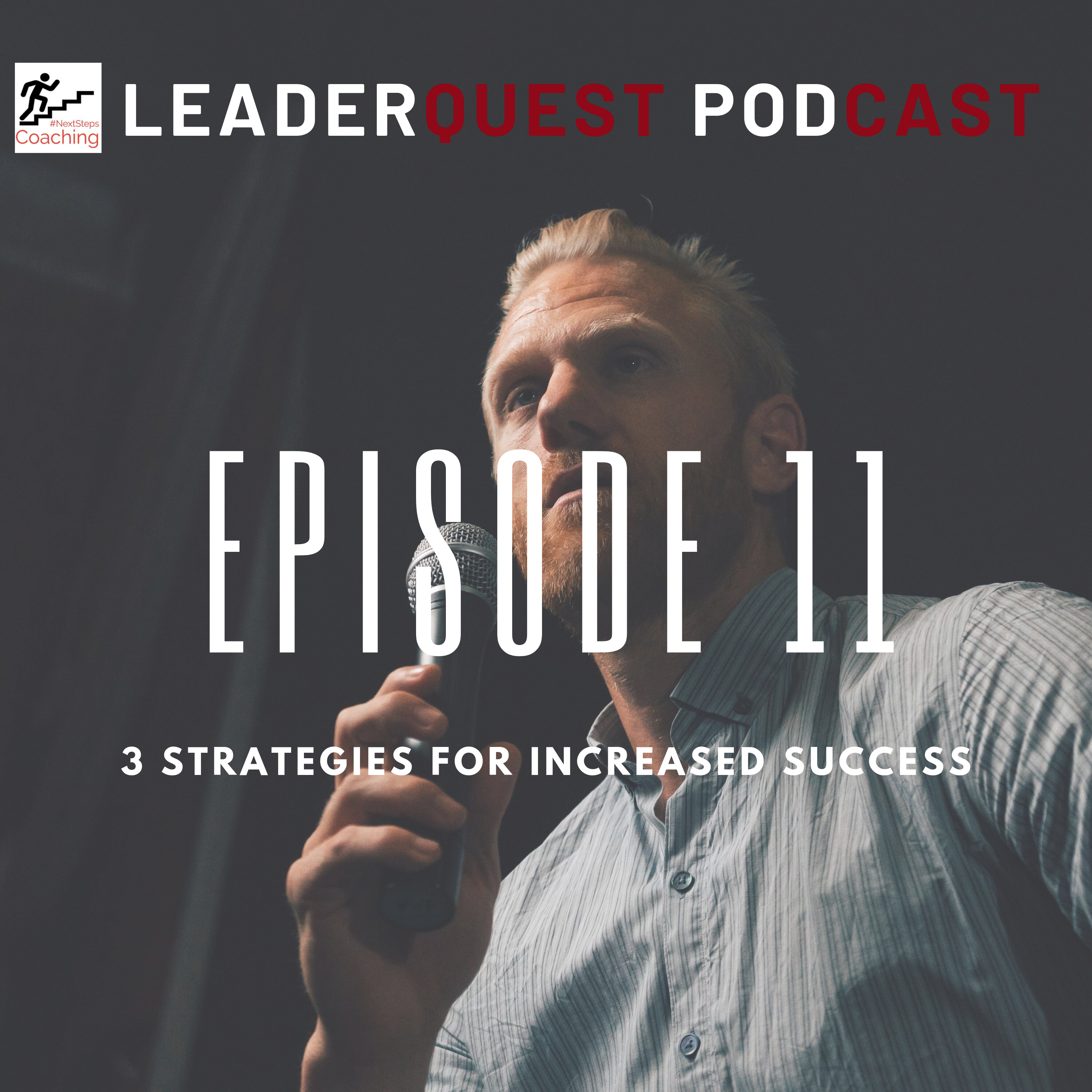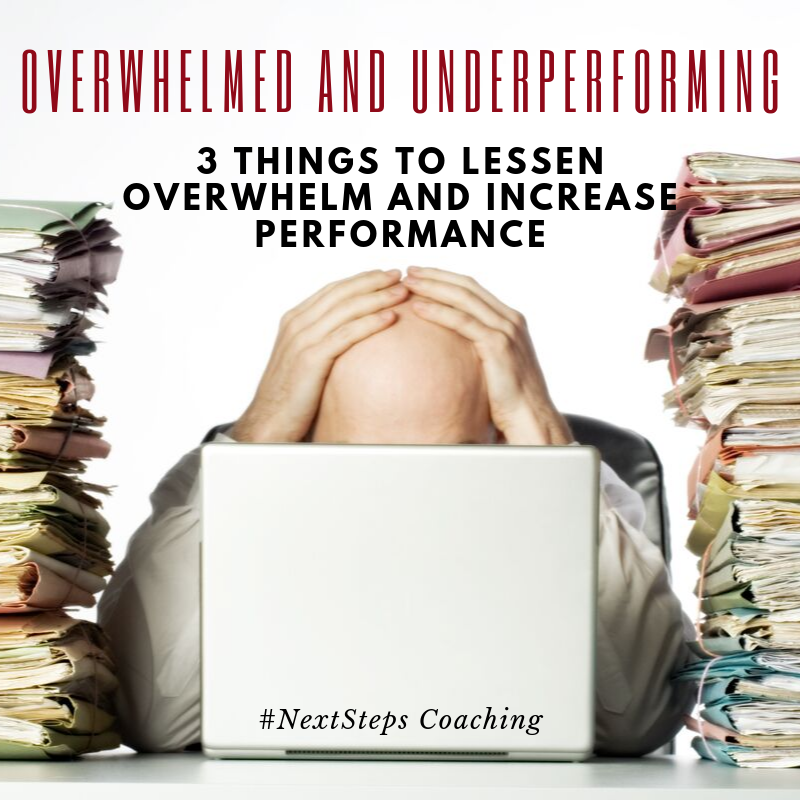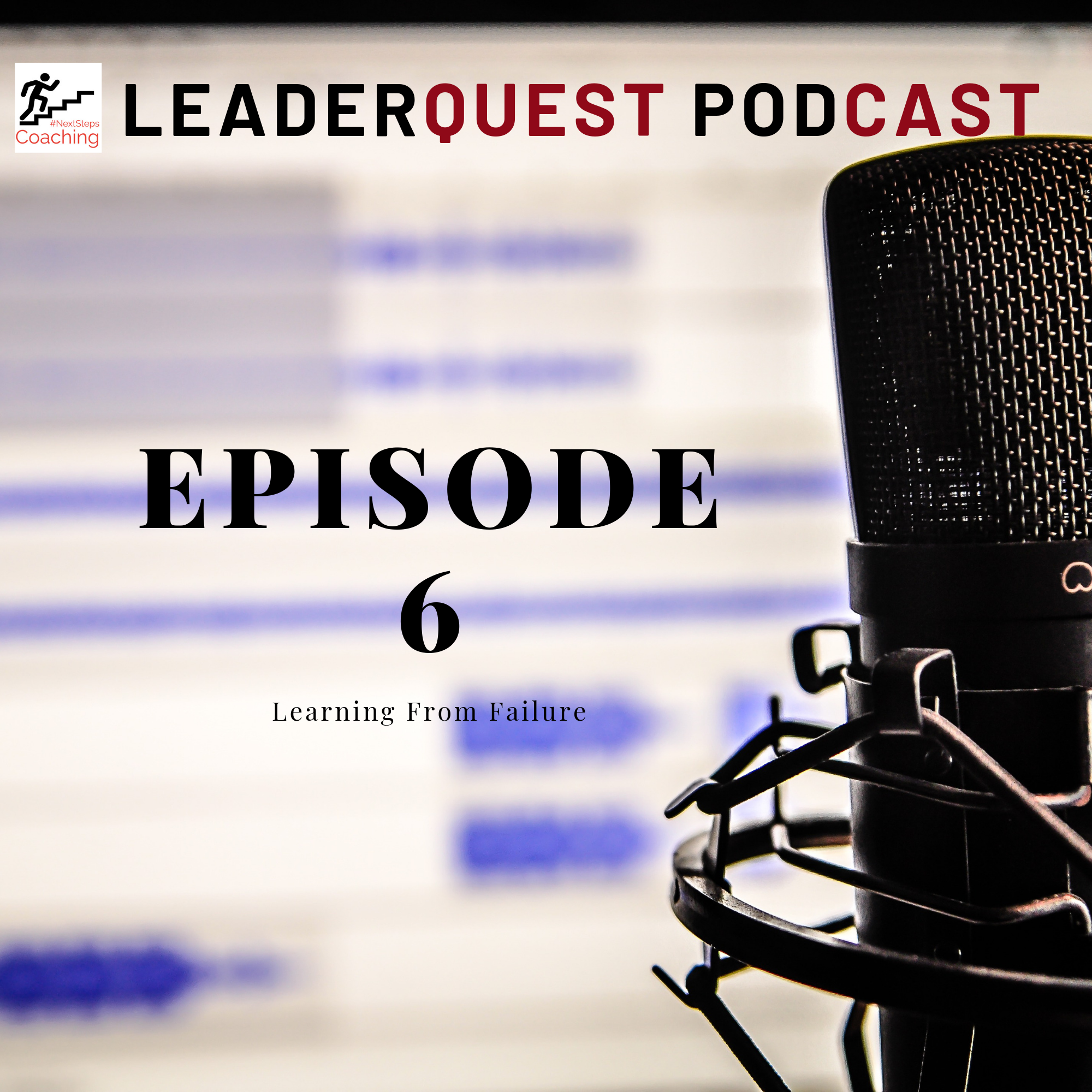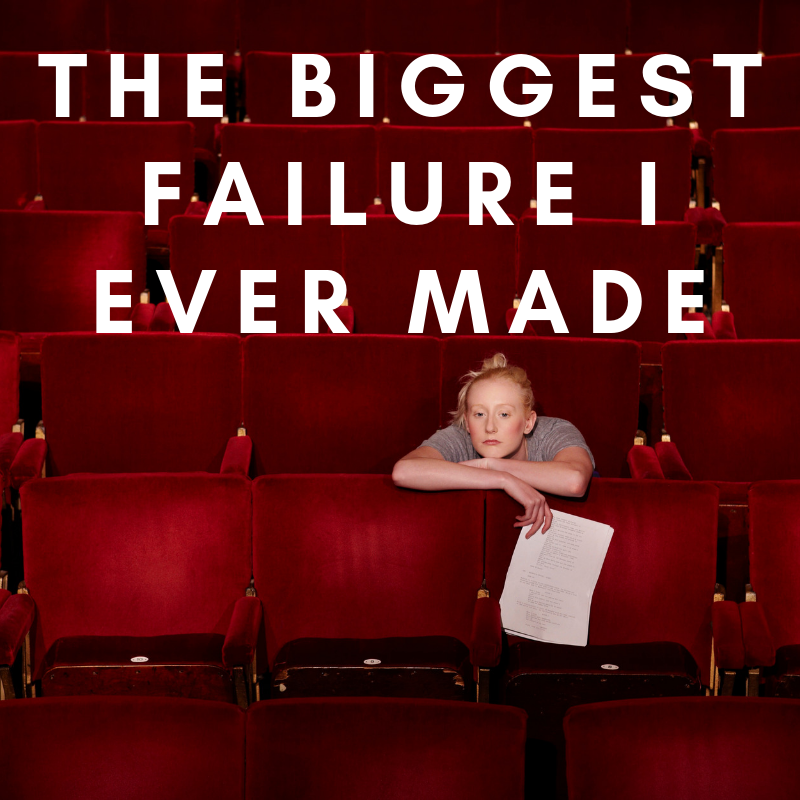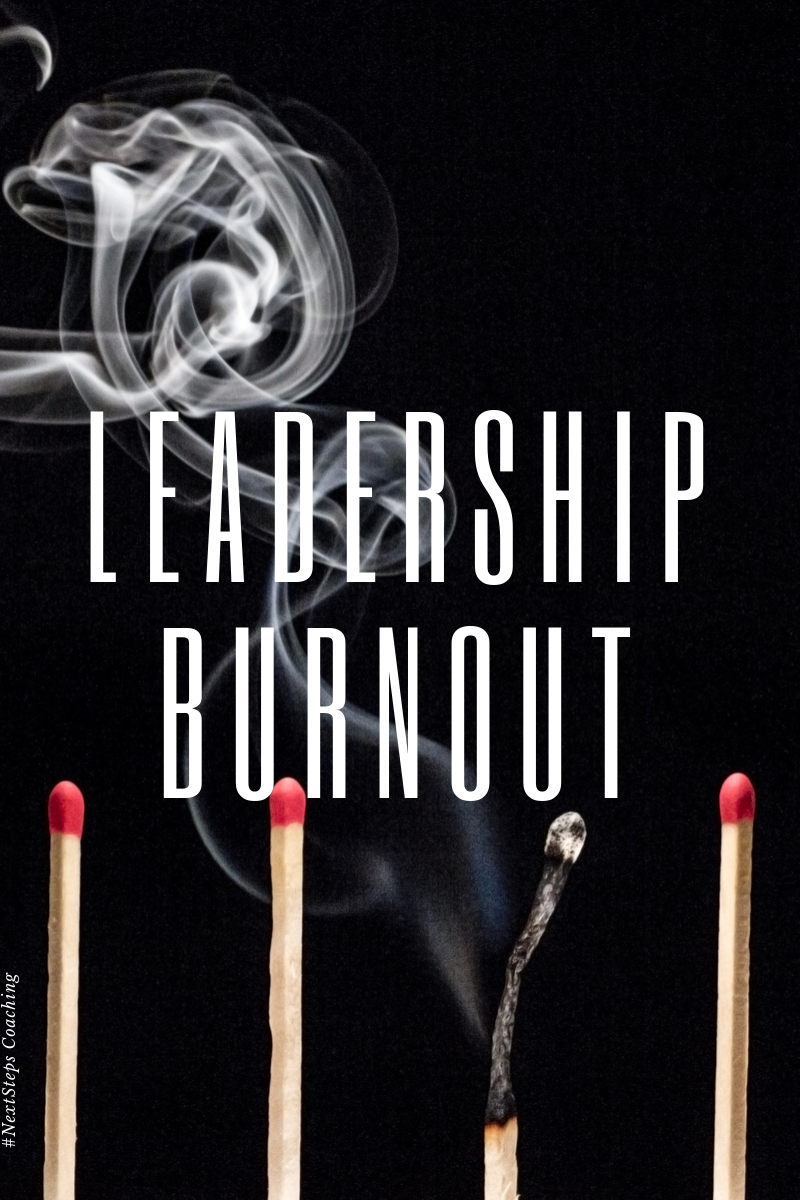
Setting the Stage
In the back of the lobby, I burst into tears. The conference was over, but that wasn’t why I was crying. Instead, I felt like I was alone. The conference itself was fantastic. High energy, excellent learning, great camaraderie. Yet somehow, I felt excluded. The conference was designed for church planters, and I wasn’t one. Instead, I was struggling to turn around an already established church. I had attended hoping to gain some insight and left disappointed. The message I received was, “Your job is too hard, too difficult, and too low of a success rate. Try something different instead.“
That was my introduction to the world of burnout. It started me on a nearly decade long journey of trying to help people overcome it. It’s what led me to doctoral school and to start my coaching business. The reality of burnout among high performing leaders is what fuels me to get up and work every day. It’s beatable. It’s preventable. It’s avoidable.
Talk About Burnout
As it turns out, one of the easiest ways to break both the stigma and the devastating influences of burnout is to talk about it. In one interview I conducted with a mental health professional and professor, he said, “We talk about it. We talk about it a lot … we frame it as an ethical mandate and don’t give people a choice. We tell them from day one that they have an ethical mandate and responsibility to themselves, their clients, and to God to be healthy in all areas of their life.”
For him, the discussion of mental health and burnout is a necessary conversation. It’s the only way to stop it.
So let’s talk about it. 
There are two primary foci that need to be addressed to create a longterm sustainable solution to burnout. One focus is the personal sphere and the second is the cultural dimension. It is this cultural dimension that is often overlooked.
Maslach and Leiter in their book The Truth About Burnout highlight the great disservice that is done when burnout is discussed only in terms of the personal sphere.
“The conventional wisdom is that burnout is primarily a problem of the individual. That is, people burnout out because of flaws in their characters, behavior, or productivity. According to this perspective, people are the problem, and the solution is to change them or get rid of them.
But our research argues most emphatically otherwise. As a result of extensive study, we believe that burnout is not a problem of the people themselves but of the social environment in which people work. The structure and functioning of the workplace shape how people interact with one another and how they carry out their jobs. When the workplace does not recognize the human side of work, then the risk of burnout grows, carrying a high price with it.”
Cultural fit is just as responsible for burnout as the personal sphere, and to ignore either one of these equations does harm to all those involved. The responsibility for healthy leadership involves both the personal mandate for care and a cultural level of agreeability.
The trouble with burnout is that there is more than physical and task-related demands. Since all jobs carry a myriad of stressors, there are also the demands of time, spiritual resources, and availability. Contemporary leaders are expected to lead like a CEO, steward financial resources, care for their own physical bodies, maintain family responsibilities, invest in others, commit to overtime, manage the team, and produce tangible results.
The end result is extreme fatigue and burnout.
A Quick Tip Win
We can’t possibly hope to stop the burnout trend in a single blog post (or even a blog series). But I do hope to make a difference. (Quick side note: this is why I switched to the weekly posting schedule. We’re going to take a week to talk about this on my various social media platforms, so if you’re not following me in other places, now is a great time to do so):
Instagram Facebook Twitter Podcast YouTube Mailing List
But, if you’re feeling that overwhelm set in and know that burnout is coming if you keep your current pace up, here are three quick things you can do to help fight against this.
1.) Learn to say “No” and be O.K. with it. Burnout happens when we are overcommitted. Say no to regain time and margin in your schedule.
2.) Go fly a kite. Or play cards. Nap. Read. Go for a job. The point is: find a hobby that you want to do just because it is enjoyable and then make time to do that as often as possible.
3.) Talk about it. Talk about burnout. Talk about your fear. Name it. Find a trusted person to confide it. Don’t let it consume you. If the way to overcome it is to talk about burnout, talk about it to anyone who will listen.
—
What advice would you give someone struggling with burnout? Leave a comment below!
